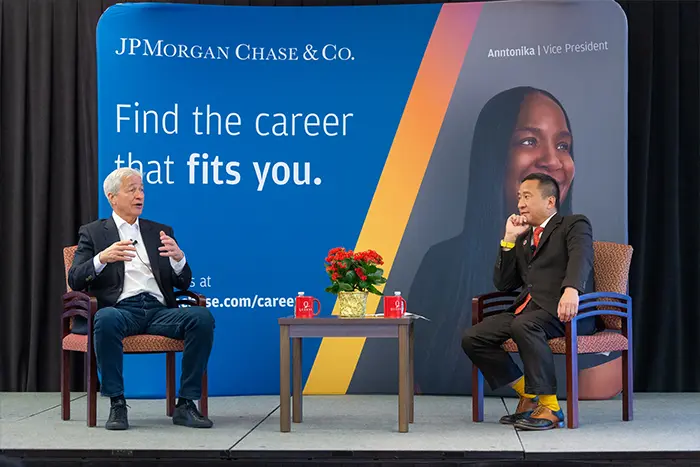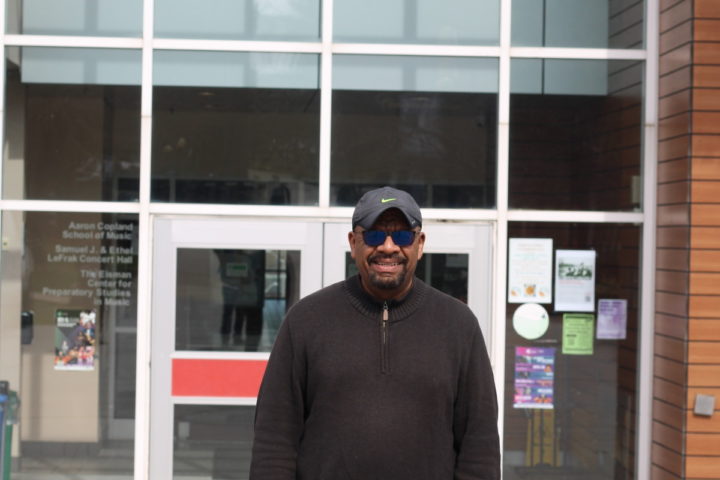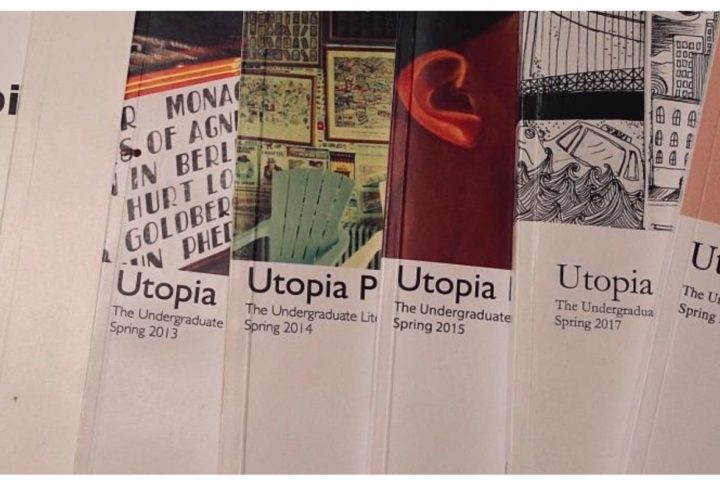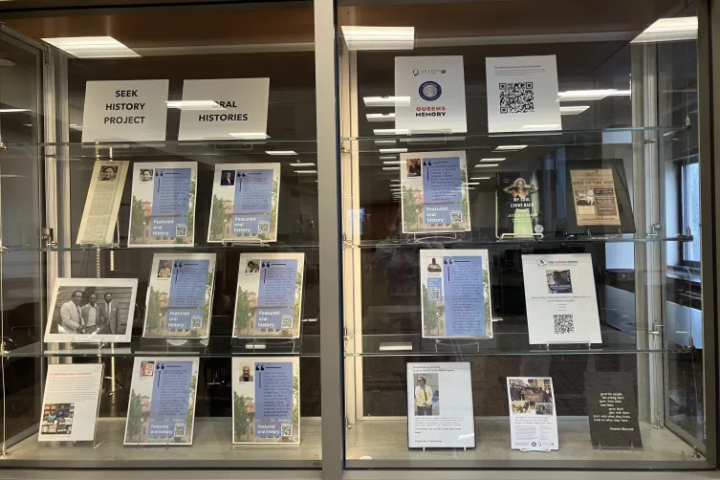Meli, preferring to use her first name, is a junior who transferred from John Jay College. She was born in the Bronx and finds not only Queens College, but also Queens, as a comfortable area.
“Queens is just dope for me,” she said.
But, Meli does two things on the side—activism and stripping.
She started as a go-go dancer, an entertainer usually performing on a stage, because she needed money. Eventually, she became a stripper.
She said it was not an ideal job since abuses do happen, but feels people dramatize the industry.
“Not like every night is a terrible night. Certain places will be better than other places. I don’t have terrible feelings about it,” she said.
Sex work consists of jobs like stripping, phone sex or prostitution. In her book “Playing the Whore,” journalist Melissa Gira Grant explained the combination of secrecy and stigma causes problems for sex workers.
“For sex workers, sharing honest information even anonymously means taking social, political and emotional risks. Even in more uniformly legal forms of sex work—which in the United States could include pornography and stripping—secrecy reinforces stigma and shame and can compromise sex workers’ ability to take control of their own labor,” Grant wrote.
As an activist, Meli is critical of capitalism, and sees its problems in the industry.
“Patriarchy and capitalism, that’s where they meet [in stripping],” she said. “They’re best friends in the sex industry.”
Even on campus, she finds a double standard for sex workers. While she said guys on campus see it as okay go to strip clubs, have fraternity parties with girls or take drugs, the same reaction was not for sex workers.
“If you do it for money, you’re the ultimate whore. That patriarchy sh-t, I’m so over it,” she said.
But she finds comfort in learning her rights, even with classes at Queens College.
“School is useful for sex workers,” Meli said.
As an activist, she helped create the Revolutionary Student Coordinating Committee, a student-led organization with chapters at some CUNY colleges. She is the President of Students Without Borders at QC.
Her work with SWB focuses on issues like CUNY’s investments in private prisons, and said it is shameful because CUNY should teach incarcerated youths.
“It’s not about CUNY prison divestment. It’s [also] about a lot other issues, like access,” she said. “Looking at CUNY, the issue of underfunding for certain programs [like] the Africana Studies department.”
Movements outside of CUNY, like Black Lives Matter, inspired hope in Meli. But she noted reforms are not enough, and collective movements can only drive radical change.
“It’s about building power. Not just for students, but for people in the community too,” Meli said.
Meli is unsure about her future. She is not confident a degree will offer enough and prefers working as a community organizer. But she does not want to lose her revolutionary spirit.
“I’m a revolutionary forever, and I don’t ever want to lose that,” she said.













